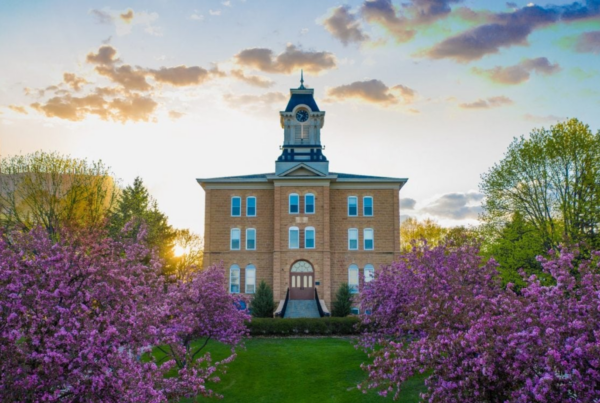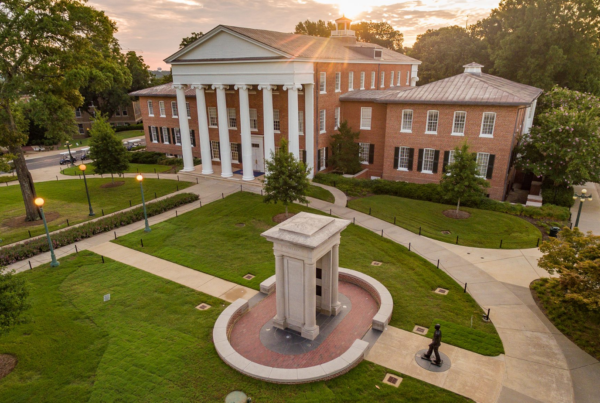Careers in engineering are booming. With projected growth of nearly 150,000 engineering jobs in this decade and median starting salaries for engineers at twice that of the average occupation, engineering has become a very popular field for high school and college students. If you are beginning your college search and considering engineering, here is a guide to the different types of programs out there!
It’s no secret that engineering is competitive. Take a look at this blog post where we talk about the rise of highly competitive majors: Engineering is at the top! College engineering departments are looking for applicants who have taken rigorous courses in high school, particularly in math and science. High ACT scores also correlate with success in college engineering programs.
The good news is that there are a lot of places you can go to get a great education and prepare for a career in engineering! Here are three types of colleges to consider – all offer engineering degrees, but in very different environments.
1. Medium or large research universities
Examples: UW-Madison, Purdue, University of Illinois, University of Oklahoma, University of Pittsburgh
What’s great about these programs: Typically, engineering departments at research universities are large and well resourced. You’ll be surrounded by motivated peers and have access to high-quality lab and research equipment. Often the engineering departments at these types of universities are well known and highly regarded by employers.
2. Liberal arts schools with engineering
Examples: Union College, Bucknell, Lafayette, Harvey Mudd
What’s great about these programs: Liberal arts colleges are typically very focused on undergraduate education, with small class sizes, classes taught by full professors, and a lot of interactive learning experiences and classroom discussions. Students sometimes think they won’t be able to have this kind of intimate educational experience if they want to study engineering, but there are quite a few excellent liberal arts colleges that offer engineering degrees.
3. Technical universities
Examples: Rochester Institute of Technology, Caltech, MIT, WPI
What’s great about these programs: Technical universities focus on STEM fields (though some of them, like MIT, have a broader assortment of majors). At these schools, you will be surrounded by peers with similar interests to yours. Student support programs, like career services and academic advising are geared toward students pursuing degrees in fields like engineering or other sciences.
No matter what type of program you choose, here are some factors to consider when evaluating your options:
- Is the program ABET accredited (ABET is a nonprofit, non-governmental accrediting organization that evaluates engineering, science and computing programs of study for accreditation)
- Does the program offer your preferred specialty? Do you have a realistic chance of getting a spot in that specialty?
- Can you be directly admitted into the program, or do you apply later, once accepted to the university? Or are there both options?
- What are the admission criteria (GPA, test scores, preferred math/science courses, etc.)?
- How robust are internship, co-op, and research opportunities?
- Which companies frequently recruit graduates?
- What is the quality of advising for engineering students?
- What academic assistance is offered within the department?
- What size of department do you prefer?
- What percentage of students start the program vs. graduate from the program?
- Are there attractive opportunities to join Engineering clubs and/or participate in outside engineering competitions?
- What percentage of students take part in project teams? (These offer valuable practical, hands-on experience in problem-solving and team building)
- Is access to workshops/maker spaces and machine shops readily available to undergraduates, or are there hoops to jump through?
With so many choices and considerations, the budding engineering student has a lot to explore! Our college counselors are here to help, so please contact us if you’d like to set up a college counseling consultation!





